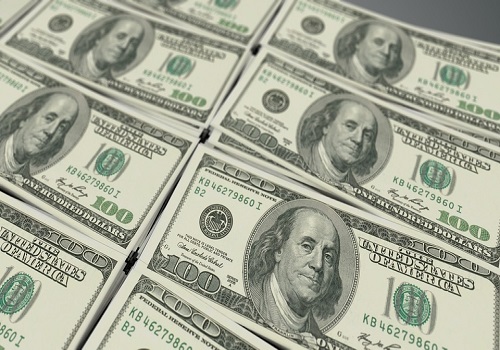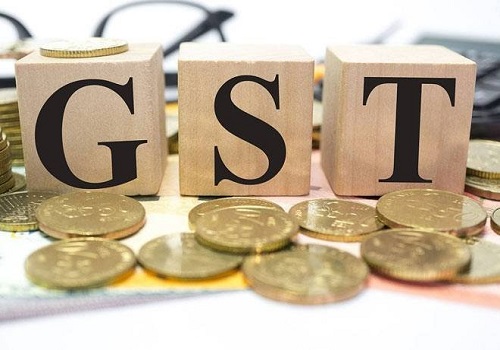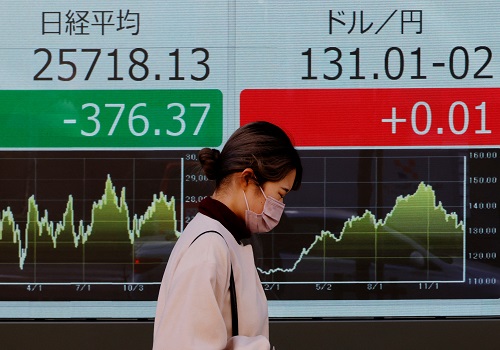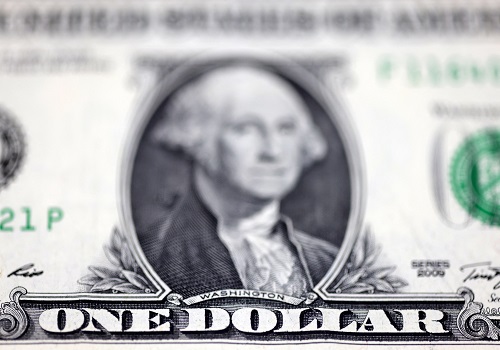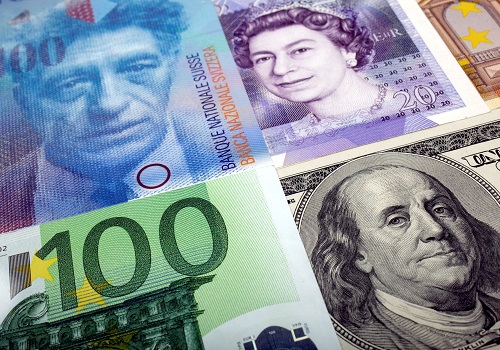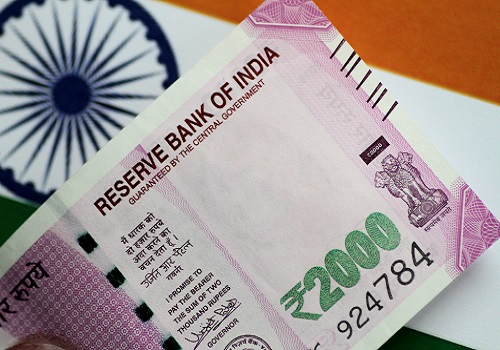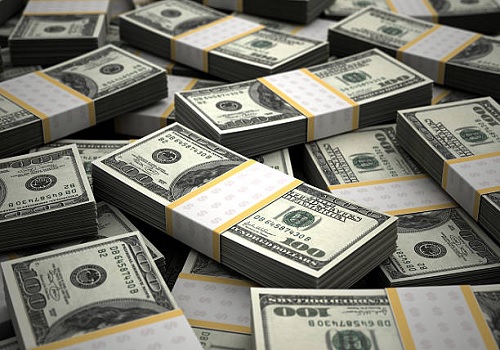Euro slips below parity, yen steady ahead of BOJ
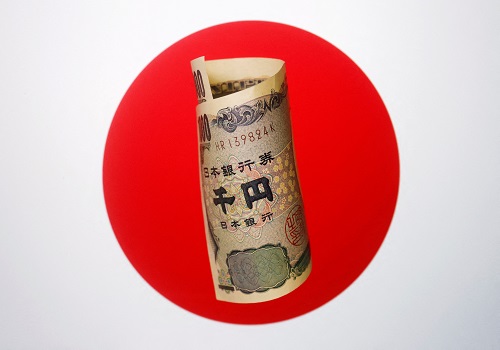
Follow us Now on Telegram ! Get daily 10 - 12 important updates on Business, Finance and Investment. Join our Telegram Channel
The euro held below parity on Friday as investors eyed a potential slowdown in future rate hikes by the European Central Bank, while the yen was on track for its best week in over two months ahead of a key central bank policy decision.
The euro was last 0.05% lower at $0.9960, following a more than 1% slide overnight, after the ECB raised rates by 75 basis points, as expected, but took a more dovish tone on its rate outlook.
The central bank dropped a reference to increasing rates "over the next several meetings" that had been in its September statement, which traders took to mean that a series of large rate hikes was nearing an end.
"The ECB policy decisions were less hawkish than most had expected. Most of the surprise came, really, from the comments from Christine Lagarde saying that the ECB has already made substantial progress in withdrawing policy stimulus," said Carol Kong, a currency strategist at Commonwealth Bank of Australia.
The U.S. dollar index, which measures the greenback against a basket of currencies, with the euro the most heavily weighted, was up 0.06% at 110.62, after gaining nearly 0.8% overnight.
"I think the gains in the U.S. dollar mostly reflect the dovish ECB meeting as well as the fall in euro/dollar," said Kong.
The greenback had fallen earlier in the week on hopes of a potential Fed pivot.
The yen last bought 146.41 per dollar, and was on track for a nearly 1% weekly gain, its largest since August.
The fragile currency has received support from suspected intervention by Japanese authorities to prop up the yen last Friday and on Monday.
The Bank of Japan announces its monetary policy decision on Friday, and looks set to maintain its ultra-low interest rates, putting further pressure on the yen as a result of growing interest rate differentials with the rest of the world.
"At the moment, I don't really see any case for a shift in the Bank of Japan's monetary policy," said CBA's Kong.
"Watch out for another potential FX intervention in dollar/yen."
Last month, Japan intervened in the foreign exchange market to buy yen for the first time since 1998, just after the BOJ's decision to stick to its super-loose policy stance.
Data on Friday showed that core consumer prices in Japan's capital, a leading indicator of nationwide figures, rose 3.4% in October from a year earlier, marking the fastest annual pace since 1989.
Elsewhere, sterling fell 0.12% to $1.155, but was on track for a 2% weekly gain, on optimism that new British prime minister Rishi Sunak would offer an antidote to the mess left by his predecessor Liz Truss.
The Aussie was down 0.09% at $0.64485 while the kiwi edged 0.11% lower to $0.5823, though both looked set to extend a second straight week of gains














